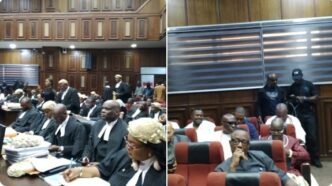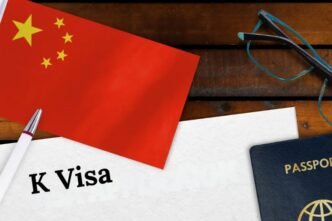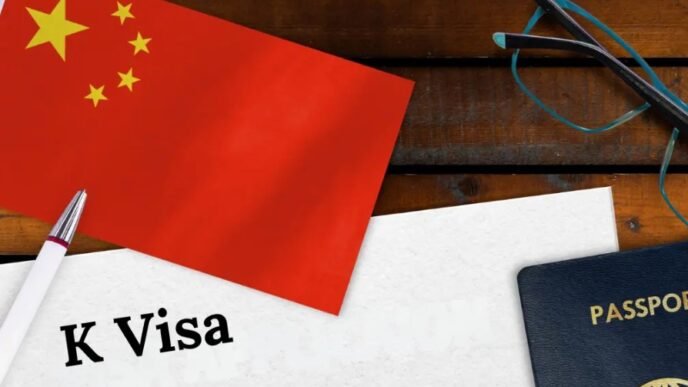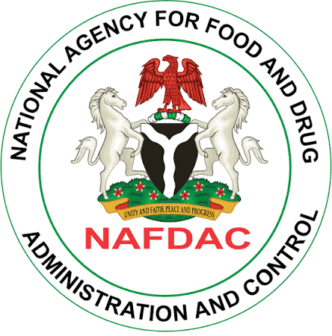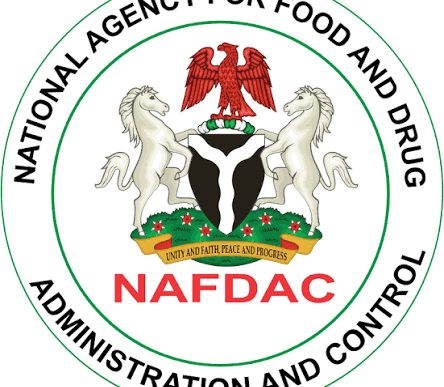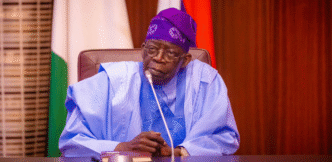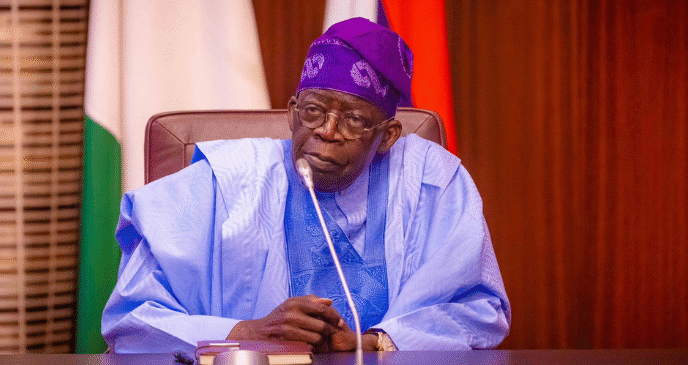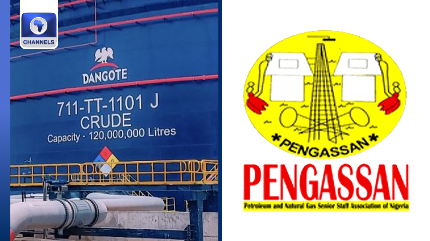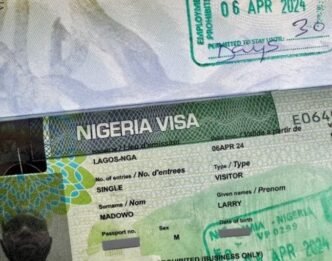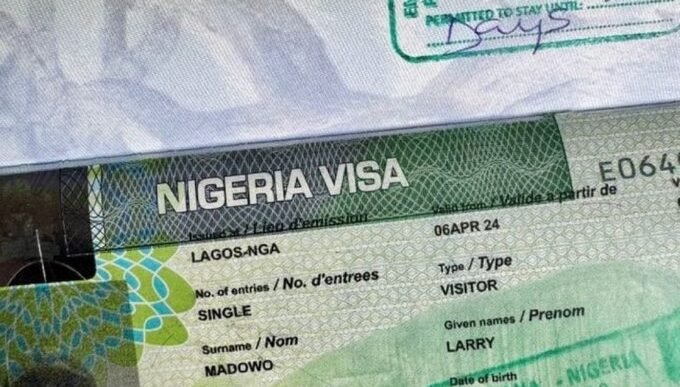The Federal Government has formally arraigned activist and publisher of Sahara Reporters, Omoyele Sowore, over an alleged false social media post targeting President Bola Ahmed Tinubu. The development, which has stirred heated debates in political and civil society circles, took place on Tuesday at a Federal High Court in Abuja.
The case is the latest in a string of confrontations between the outspoken activist and successive Nigerian governments, raising fresh concerns about freedom of expression, the boundaries of political criticism, and the potential chilling effect on journalism in Africa’s most populous nation.
The Charges
According to the charge sheet read before the court, Sowore is accused of publishing “false and malicious information” on social media aimed at discrediting the President. Prosecutors allege that the activist’s post violated provisions of Nigeria’s cybercrime laws and constituted an attempt to “cause public disaffection against the presidency.”
The Federal Government’s counsel argued that the post in question went beyond fair criticism and amounted to misinformation capable of inciting unrest. “Freedom of expression is not absolute,” the lead prosecutor told the court. “When falsehood is peddled under the guise of free speech, it becomes a national security issue.”
Sowore, however, pleaded not guilty to all counts. His lawyers, led by senior advocate Femi Falana, maintained that the charges were politically motivated and aimed at silencing dissent. “Our client is being persecuted for exercising his constitutional right to free speech,” Falana said.
Sowore’s Defense
In a brief statement to reporters outside the courtroom, Sowore dismissed the charges as “laughable” and “a desperate attempt by those in power to muzzle voices of accountability.”
“I will not be intimidated. This government, like the ones before it, must understand that criticism is not a crime. Nigerians have a right to question their leaders, and I will continue to speak truth to power,” he said.
Sowore also accused the administration of weaponizing state institutions to target opponents while failing to address pressing national issues such as insecurity, inflation, and unemployment.
The Court Proceedings
The arraignment was presided over by Justice Binta Nyako of the Federal High Court. After listening to arguments from both sides, the judge granted Sowore bail on self-recognizance, citing his previous compliance with court conditions in earlier cases.
However, the prosecution urged the court to impose stricter conditions, arguing that Sowore had a track record of making “incendiary statements.” The judge ruled that while Sowore would remain free pending trial, he must refrain from posting commentary directly related to the ongoing case on his social media handles.
The matter was adjourned to November for further hearing.
Political Reactions
The arraignment has drawn mixed reactions from political figures. Supporters of President Tinubu argue that the government has a duty to protect the integrity of the presidency from malicious attacks.
“This is not about silencing anyone. It is about ensuring that misinformation does not destabilize the country. No democracy can thrive when lies are freely circulated without consequences,” said APC spokesman Felix Morka.
On the other hand, opposition parties and activists see the case as an attempt to stifle free expression. The Labour Party described the arraignment as “a dangerous slide towards authoritarianism.”
“This government promised renewed hope, but what we are seeing is renewed repression. If Sowore can be targeted today, ordinary citizens may be next,” said Labour Party chieftain Yunusa Tanko.
Civil Society Outcry
Civil society organizations and human rights groups have condemned the development, warning that it could set a dangerous precedent. Amnesty International Nigeria issued a statement calling the charges “an affront to free speech and media freedom.”
The Socio-Economic Rights and Accountability Project (SERAP) also weighed in, urging the government to drop the case and focus on governance. “Nigeria’s democracy is stronger when dissenting voices are protected, not punished,” the group stated.
University students, many of whom have followed Sowore’s activism since his days leading the Take It Back movement, also took to social media to protest the arraignment. Hashtags such as #FreeSpeech and #StandWithSowore trended across Nigerian Twitter (now X) on Tuesday afternoon.
Sowore’s History of Activism
Sowore is no stranger to confrontations with the authorities. In 2019, he was arrested and charged with treason over his call for a nationwide protest tagged “Revolution Now.” The case, which dragged on for years, drew international attention and condemnation.
He has consistently used his media platform, Sahara Reporters, to expose corruption and challenge government narratives. While this has won him admiration among pro-democracy advocates, it has also made him a perennial target for state scrutiny.
Observers note that the latest arraignment continues a pattern in which Sowore is often singled out for criticism of those in power.
Implications for Press Freedom
Analysts say the case could have far-reaching implications for freedom of the press and digital rights in Nigeria. With social media emerging as a powerful tool for political engagement, the line between free speech and criminal offense is becoming increasingly contested.
“Today it is Sowore, tomorrow it could be any journalist or citizen who posts something the government doesn’t like,” said Prof. Chidi Odinkalu, former chairman of the National Human Rights Commission. “The question is whether our democracy is mature enough to tolerate dissent.”
The Nigerian Guild of Editors (NGE) also expressed concern, warning that criminalizing criticism could discourage investigative reporting. “If journalists fear imprisonment for holding leaders accountable, corruption and abuse of power will thrive unchecked,” the guild said.
The Broader Context
The arraignment comes at a time when the Tinubu administration is grappling with multiple challenges — from an economy weighed down by fuel subsidy removal to growing discontent over insecurity. Critics argue that the government should prioritize governance over prosecuting its critics.
Some political commentators believe the case could backfire, casting the administration as intolerant of dissent at a time when it needs to build trust with citizens. “This is a government that needs public goodwill to push through tough reforms. Picking fights with activists is a distraction it can ill afford,” said Lagos-based analyst Dr. Ayo Fayemi.
What Next?
As the trial proceeds, the spotlight will remain on the Federal Government’s handling of the case and its implications for democratic freedoms. For Sowore, the arraignment represents yet another chapter in his long-running battle with the Nigerian establishment.
In the meantime, activists are mobilizing for solidarity campaigns, while legal experts anticipate a protracted legal battle. If convicted, Sowore could face stiff penalties, but his defense team insists it is confident the charges will not stand up in court.
For now, Nigerians are left watching a case that straddles the intersection of law, politics, and human rights — one that will likely shape the discourse on free speech in the country for years to come.

